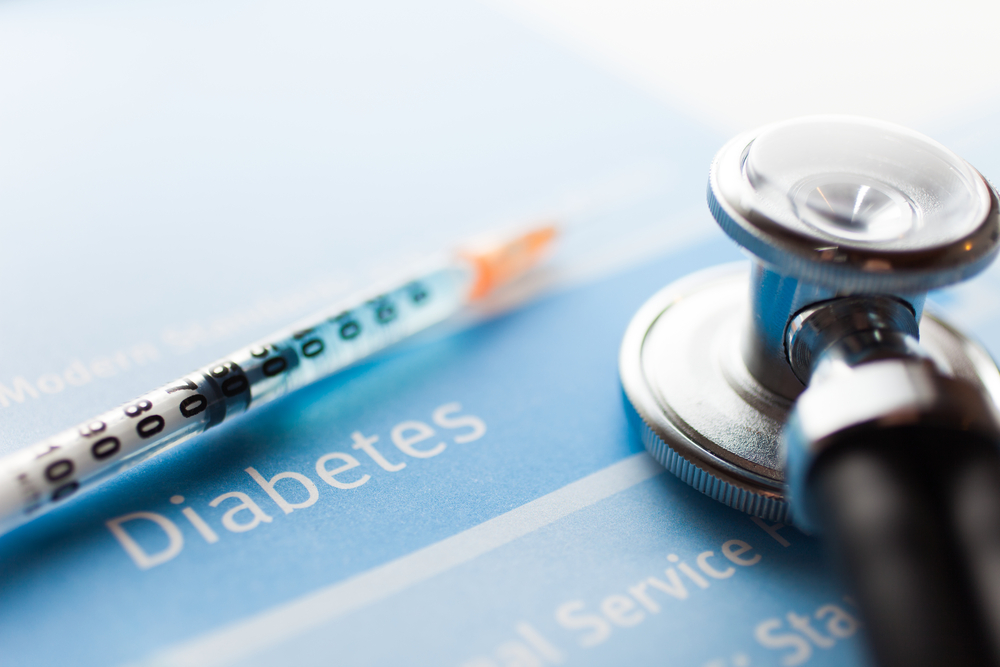Results of a recent study published in the journal The LANCET reveal that the addition of gastric bypass to lifestyle and medical management in patients with type 2 diabetes improved diabetes control. However adverse events and nutritional deficiencies were more frequent.
Roux-en-Y gastric bypass is a type of gastric bypass in which only a small part of the stomach is used to create a new stomach pouch, roughly the size of an egg. The smaller stomach is connected directly to the middle portion of the small intestine (jejunum), bypassing the rest of the stomach and the upper portion of the small intestine (duodenum).
Evidence has shown that not only Roux-en-Y gastric bypass but other bariatric operations may result in significant clinical improvement in T2DM after weight loss. However, little is known concerning the effect of weight loss surgery on the degree of glycemic control that is achieved and its impact on antidiabetic medication requirement. Furthermore, factors that may be associated with postoperative resolution versus improvement in diabetes have not been fully elucidated.
In the study titled “Roux-en-Y gastric bypass for diabetes (the Diabetes Surgery Study): 2-year outcomes of a 5-year, randomized, controlled trial,” Charles Billington from the Department of Medicine, Division of Endocrinology and Diabetes, University of Minnesota in Minneapolis and colleagues aimed to investigate the 2 year clinical outcomes of a 5-year randomized trial (the Diabetes Surgery Study) conducted from 2008 to 2011 across four hospitals. The study examined diabetes control and treatment risks 2 years following adding Roux-en-Y gastric bypass to intensive medical management and lifestyle.
At baseline, all patients had HbA1c of at least 8·0% (64 mmol/mol), BMI between 30·0 and 39·9 kg/m2, and type 2 diabetes for at least 6 months, and be aged 30–67 years.
Patients were randomized in two groups. The first group received intensive lifestyle and medical management intervention (n=60). The second group received medical and lifestyle management plus traditional Roux-en-Y gastric bypass surgery (n=60).
The study’s primary outcome was the achievement at 12 months of HbA1c of less than 7·0% (53 mmol/mol), systolic blood pressure less than 130 mm Hg and LDL cholesterol less than 2·59 mmol/L.
Results revealed that more participants in the gastric bypass group reached the composite triple endpoint at 2 years than in the lifestyle and medical management group. This was achieved mainly through improved glycemic control.
There were 46 adverse events experienced by patients in the gastric bypass group, and 25 in the lifestyle and medical management group. However, researchers also found that the event rate for the gastric bypass group was non-significantly higher than the lifestyle and medical management group by a factor of 1·67.
Across both years of the study, the gastric bypass group had seven serious falls with five fractures, in comparison to three falls and one fracture in the medical and lifestyle management group. Patients in the gastric bypass group experienced nutritional deficiencies.
According to the researchers, larger and longer studies are necessary to examine whether the risks and benefits of gastric bypass for patients with type 2 diabetes can be balanced. However, current findings indicate that bariatric surgery offers diabetes control in obese patients.


